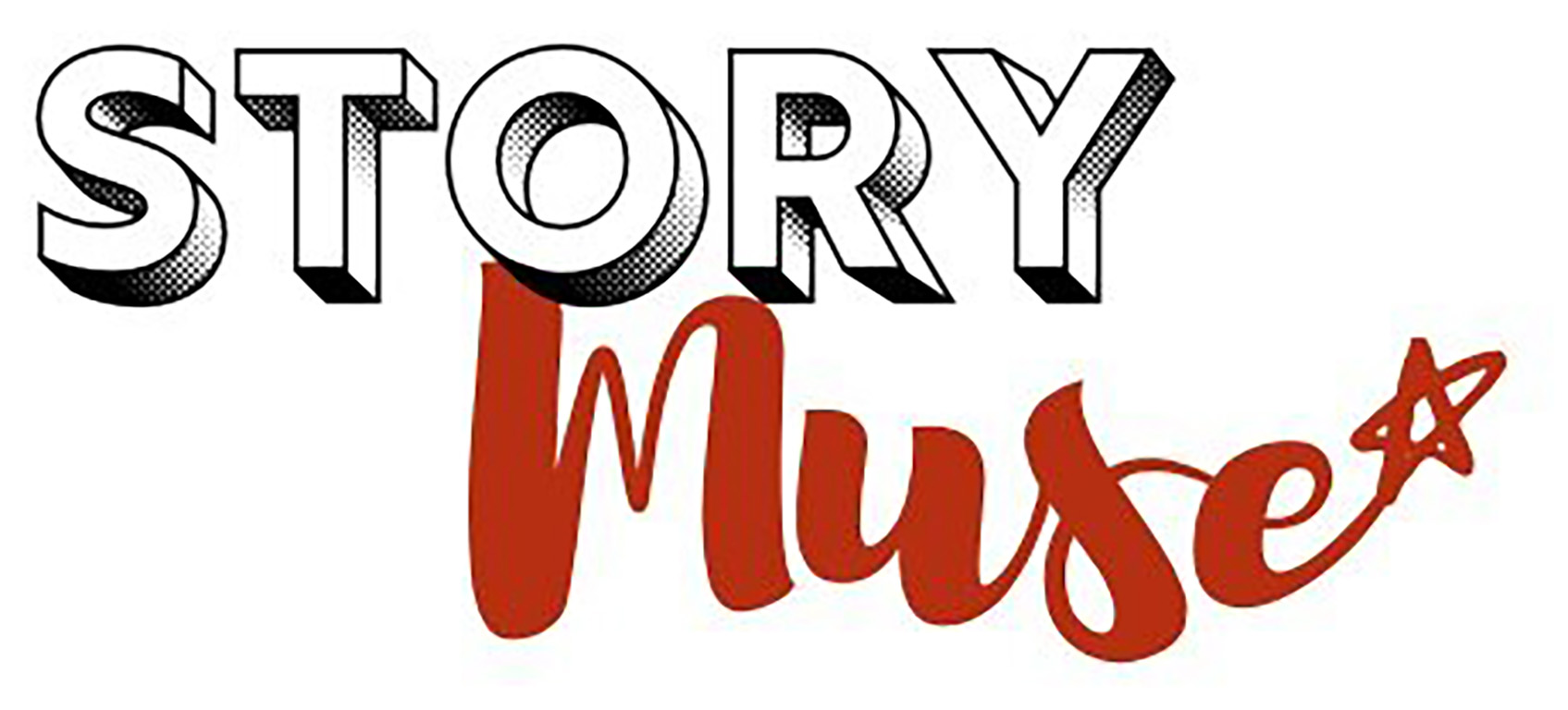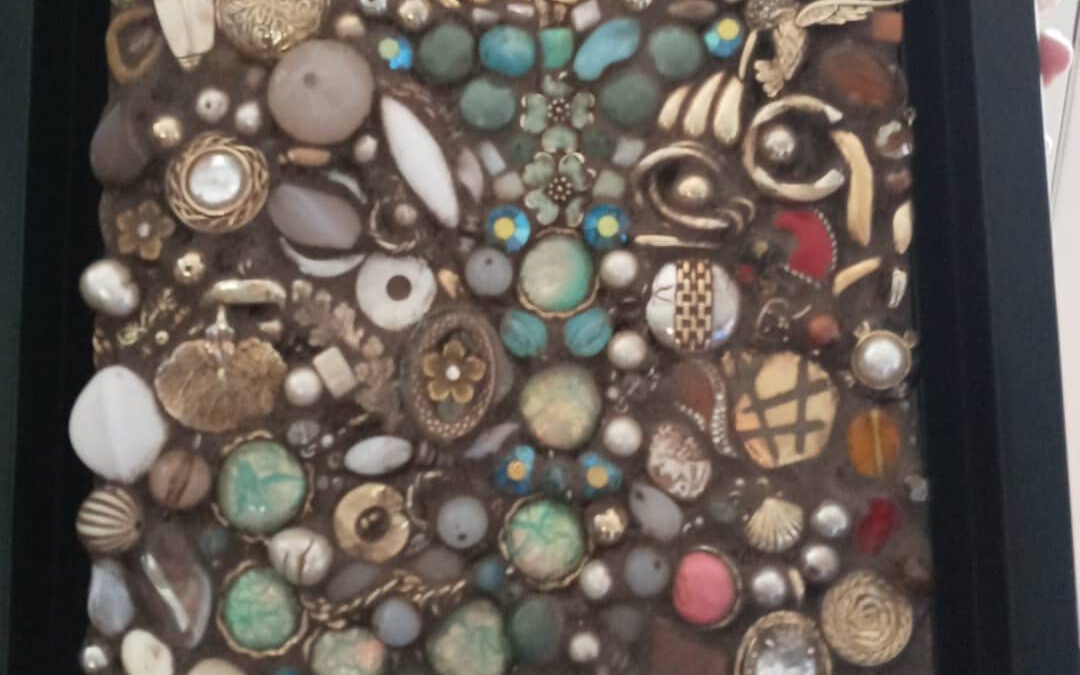
by Shannon Turner | Apr 9, 2024 | authenticity, Blog, change, empathy, grief, memory, mental illness, nostalgia, personal is political, personal narrative, podcasting, self-image, self-worth, transformative storytelling, trauma, vulnerability, walks with grief
As I have slept on hospital recliners, created calendars for coordinating treatment transportation and meal drop-offs, and called on networks for everything from emotional support to equipment donations, one clarion call keeps echoing in my ear. We are not doing elderhood the right way around here. It is terrifying, isolating. It can break your back and your bank.
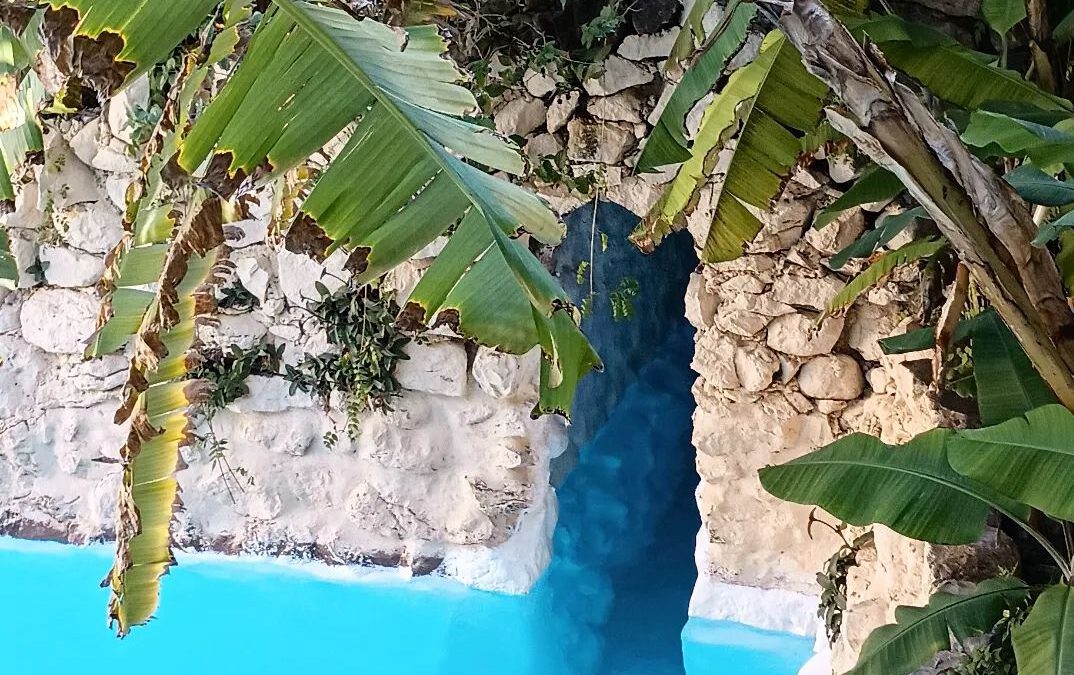
by Shannon Turner | May 15, 2023 | authenticity, grief, self-image, trauma, vulnerability
The symptoms of suppressed rage and grief are still there, whether we acknowledge them or not. I’ve come to appreciate this as an inexorable truth. As I rankle with my own experience of whiteness, I’ve been paying particular attention to my internalized scripts around conflict. Picture a child holding her fingers in her ears, going, “Lalalalalala, I can’t hear you.” That’s pretty much how I’ve dealt with conflict…
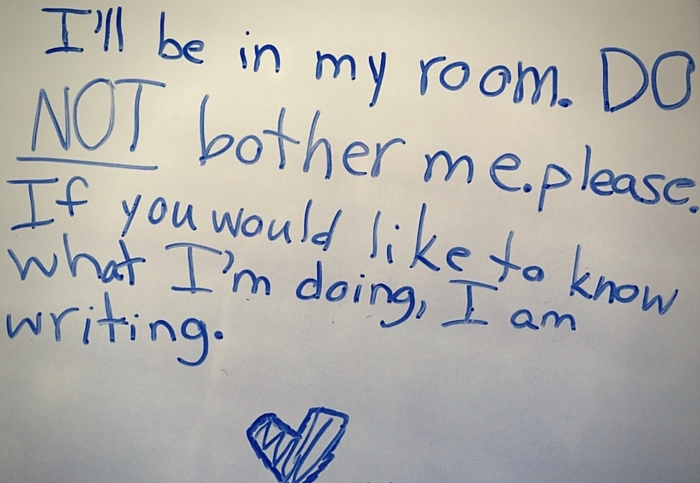
by Shannon Turner | Jan 25, 2022 | Blog, personal narrative, transformative storytelling, trauma, vulnerability, walks with grief
Despite all that, my most visceral memory from that year will always be sitting in a car on a cold, rainy, fall afternoon with the mother of one of the shooting victims. We formed a friendship during that season and had gone out to a local school to talk about resilience. When we got back in the car to leave, she checked her voicemail, had gotten a call from her son who was refusing to go to school. Again
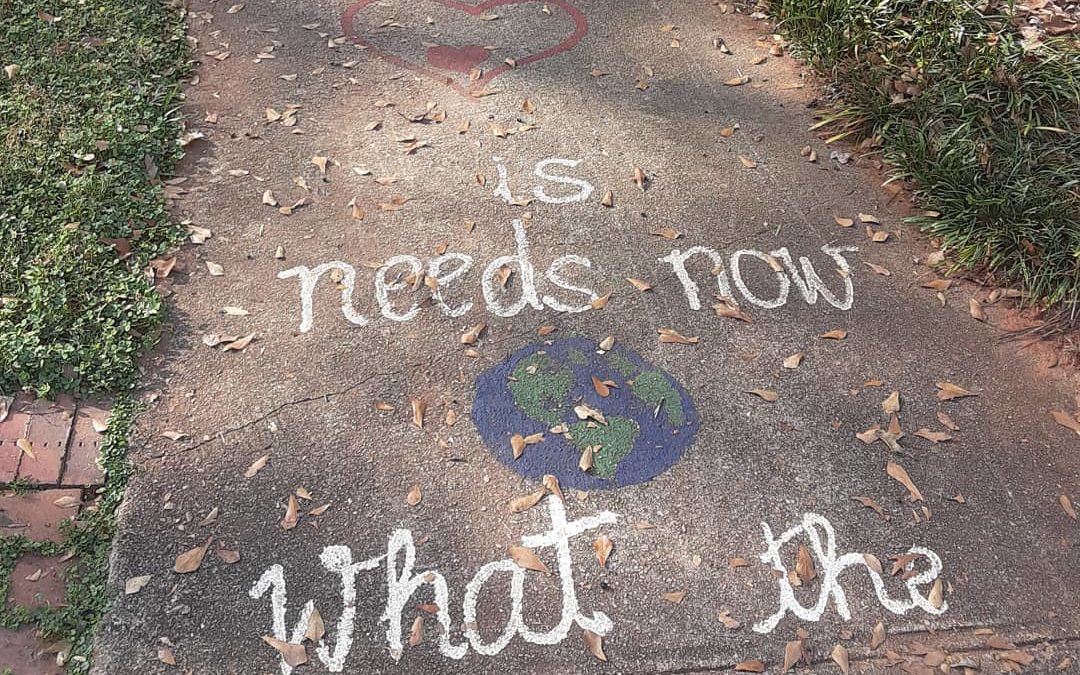
by Shannon Turner | Jan 12, 2021 | empathy, personal narrative, self-consciousness, self-image, self-worth, trauma, vulnerability, walks with grief
Did I have enough time to take a good shower and dry my hair before the call? If not, was I willing to go through the video call with wet hair? [Side note: I’m not one of those women who looks cute and dewy after stepping out of the shower. My face gets flushed from rosacea, and my stringy hair makes me look rather like a drowned rat. In other words, I generally try to avoid having people see me in such a state.] If I didn’t take a shower then, was I willing to spend the rest of the day feeling gross? [Another note: This is the pandemic, so you know, it had indeed been, um, a whiiiile since the last shower.]
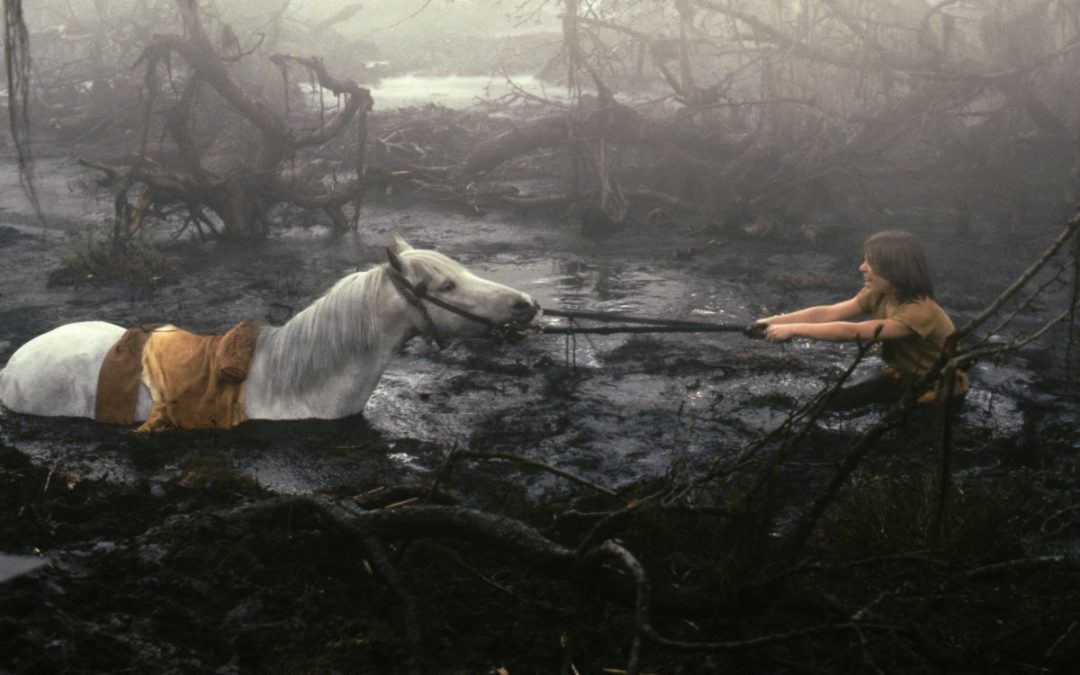
by Shannon Turner | Nov 17, 2020 | Blog, trauma, vulnerability, walks with grief
A spiritual walk with grief in some ways is, and in some ways is not, like these paths. A walk with grief, especially at the beginning, is more like being totally off the grid, mucking around, with no discernible path at all.
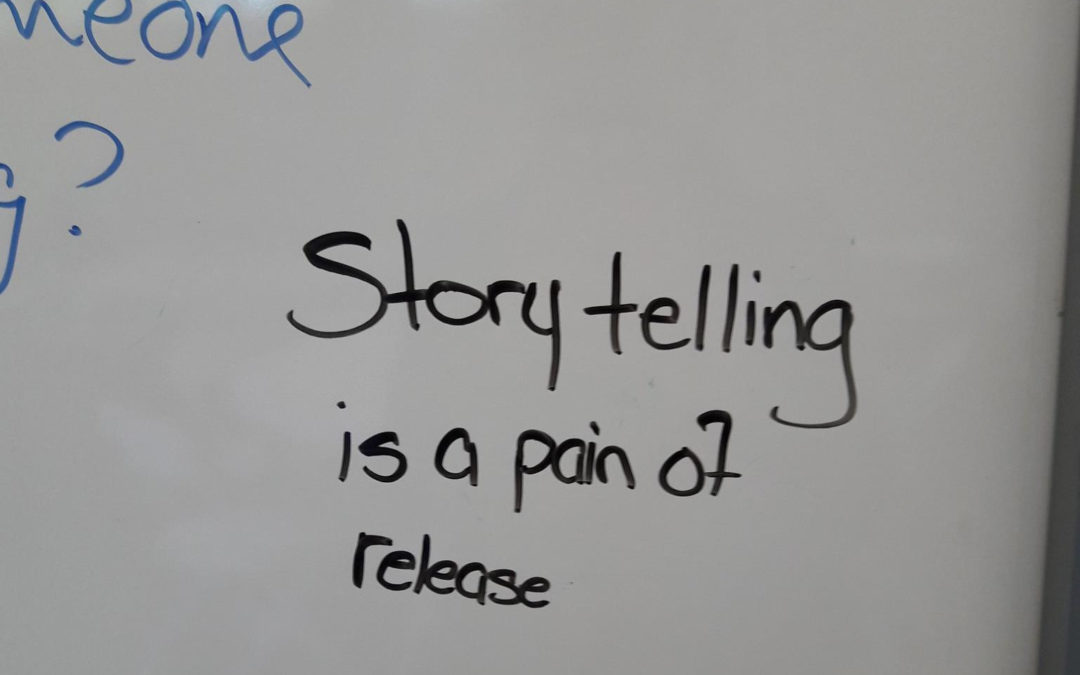
by Shannon Turner | Aug 28, 2019 | Blog, self-image, transformative storytelling, trauma, walks with grief
I like to call it metaphoritis. Artists of all disciplines see metaphors in literally everything. It’s a great opportunity to see the world in this way, to connect up seemingly disparate thoughts or events, to divine meaning in a found penny from a meaningful...

